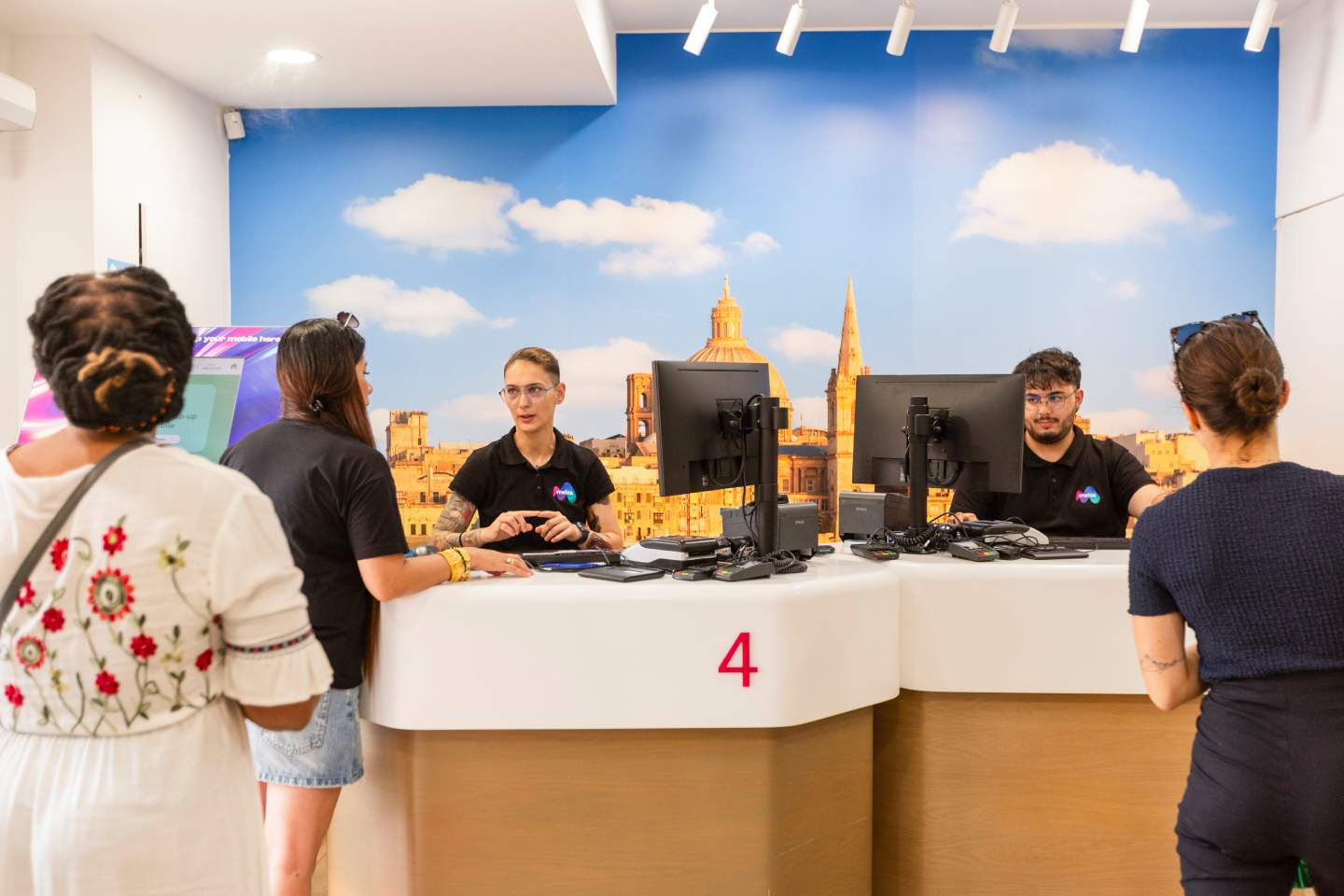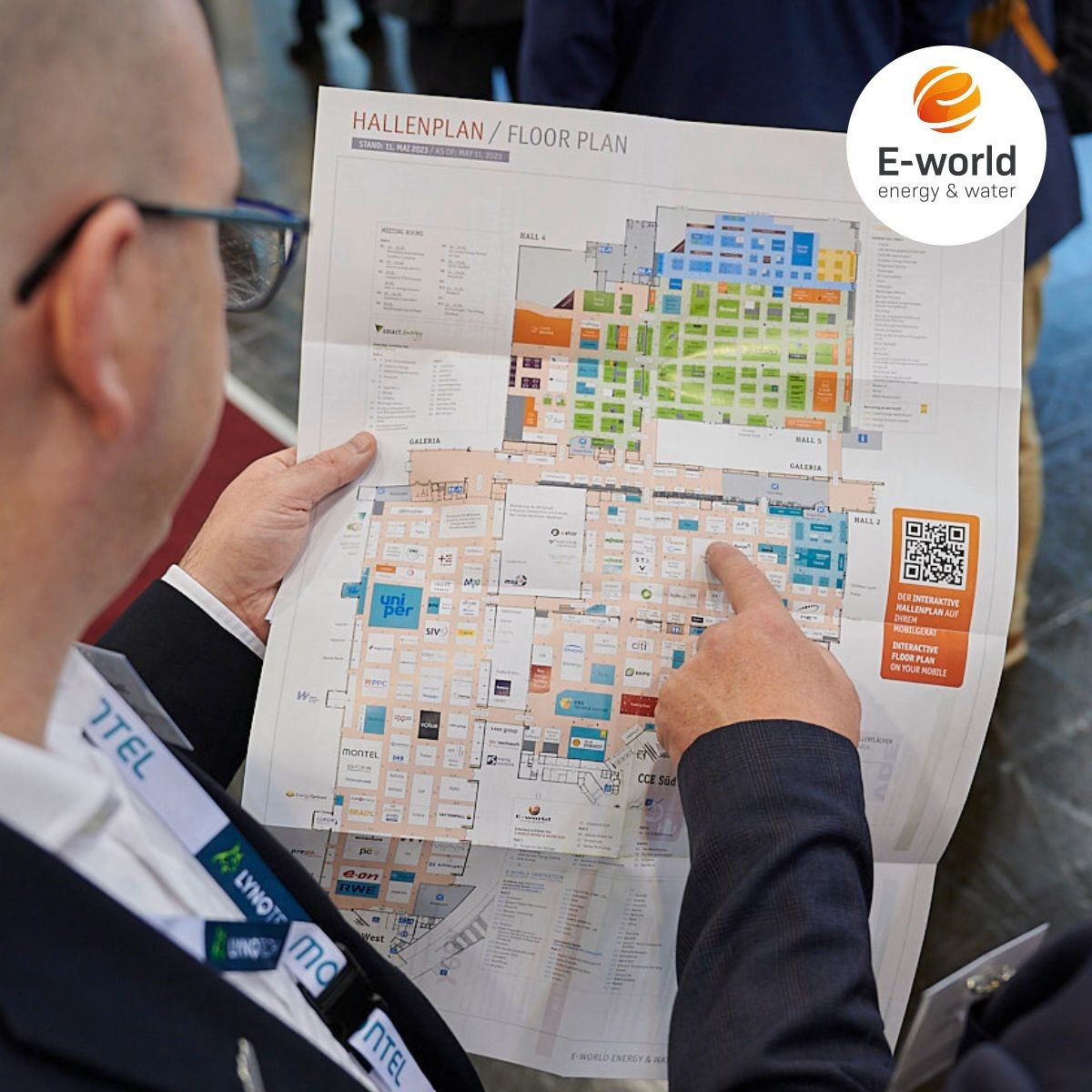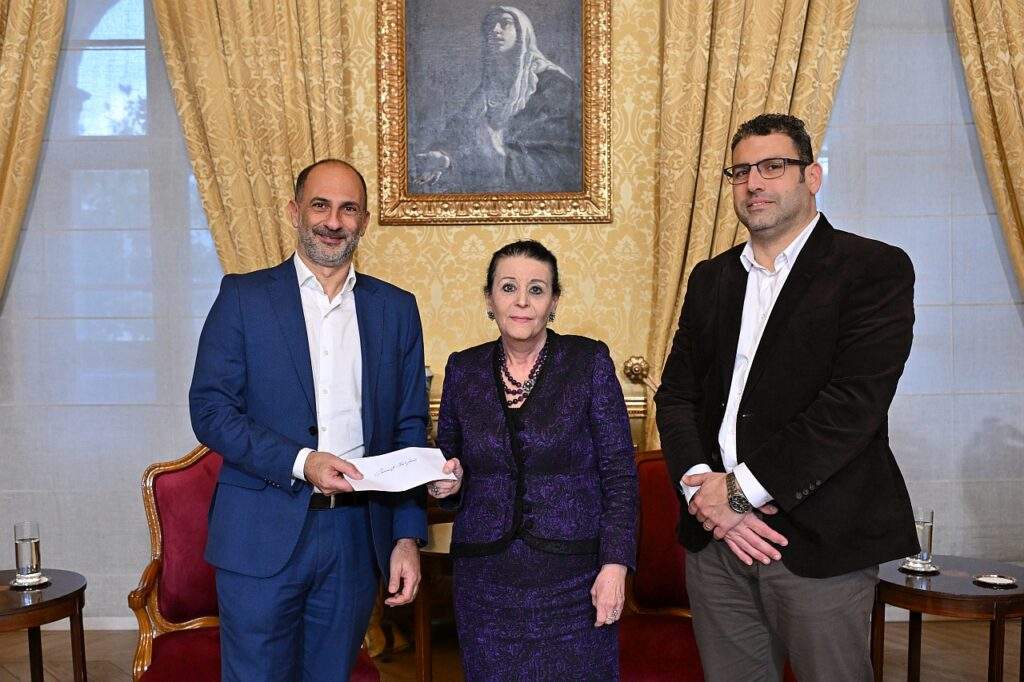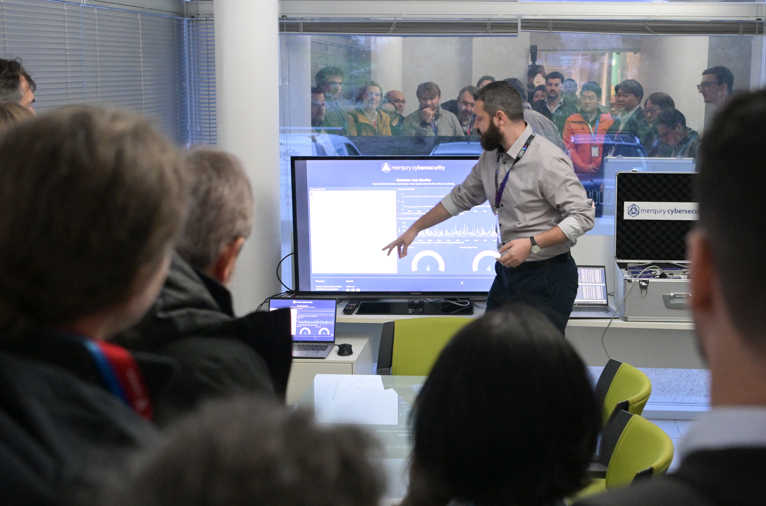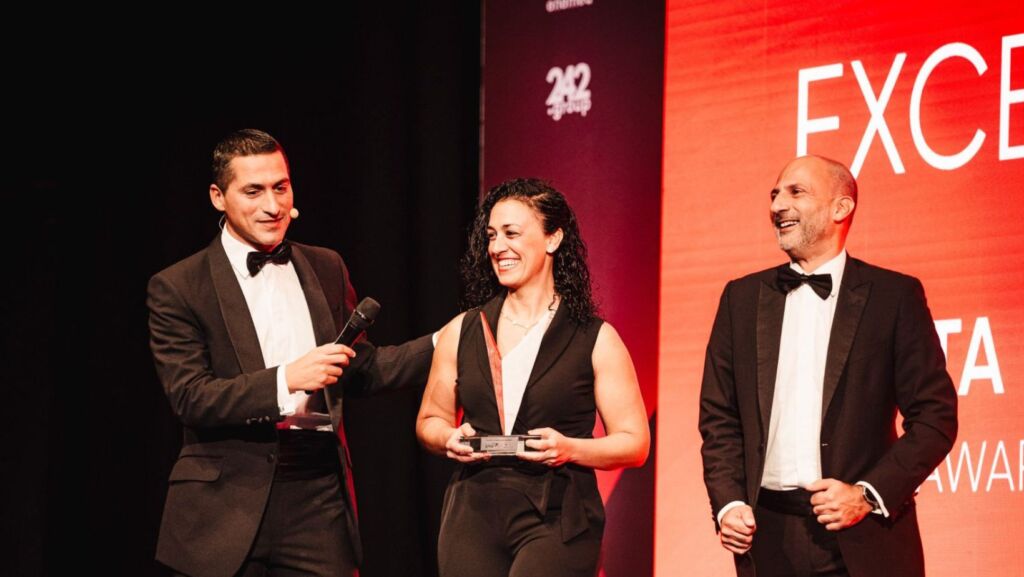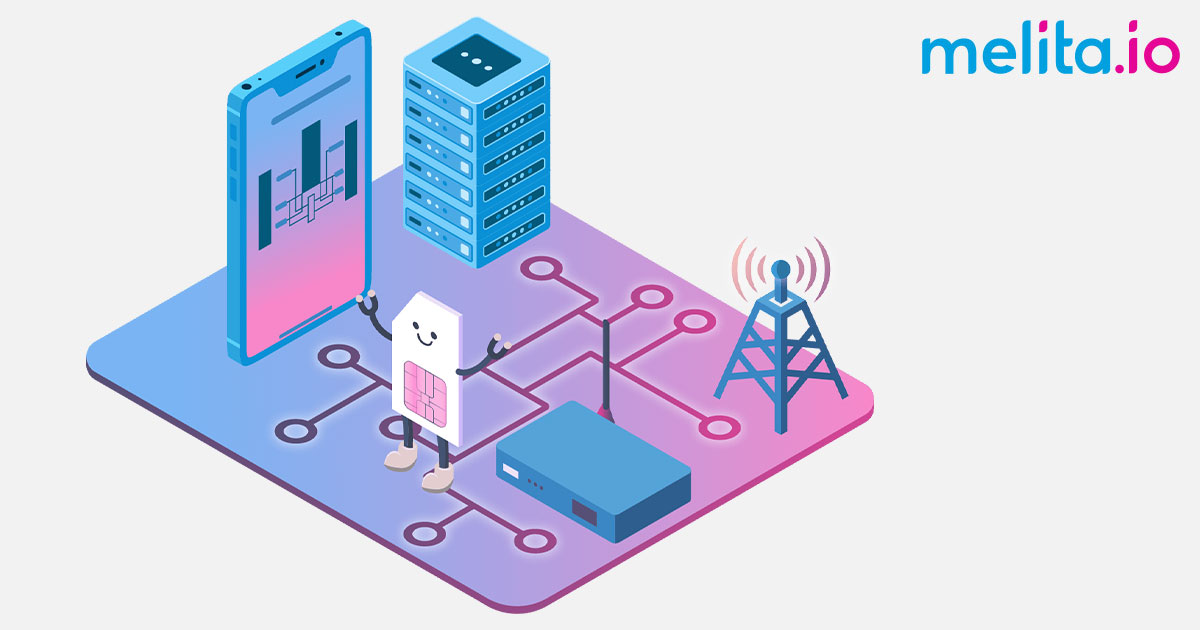
The EY Attractiveness Event – Malta has become a reference point for local and international economic stakeholders in understanding the sentiment, opportunities, and challenges ahead for Foreign Direct Investment (FDI).
On a very positive note we see that international investors view Malta’s telecommunications infrastructure as very robust, and one that enables investment. This strength not only remained in the top three reasons for investing in Malta – at 72% – but also grew a significant 9% over last year. Unsurprisingly to all of us who recruit locally, the main challenge identified for Maltese economic sustainability and growth is that of finding talent. The solution for such a challenge is multi-faceted, and whilst education and importation of skill are important, certainly automation has a key role to play here. From a telecoms’ perspective it is interesting to observe that the Internet of Things (IoT) is clearly identified as a key enabler for Malta to leverage the opportunities ahead and to address some of the major challenges.
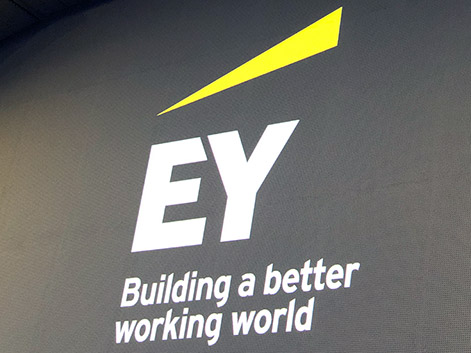
IoT and automation
The answer to the lack of human resources shouldn’t just be about how to source more talent, but also on how to reduce the need for more resource to begin with. IoT has a very important role to play here and combined with new emerging technologies such as AI and Machine Learning we can take full advantage of automation for a variety of non-skilled activities. This can range from street cleaning, operating machines and fulfilling basic customer service activities up to more futuristic applications such as public transportation. Not only can IoT assist in automating what we are doing today but it can do so more effectively, using less resources and – in the same process – gather more data to further improve processes in line with user behaviours.
The Prime Minister observed that he still sees a lot of opportunity for growth in manufacturing as well as regulatory services. With the right regulatory framework, we can attract high value production in Malta, which is not dependent on low skilled cheap labour but rather on skilled and digitally-savvy talent which runs a semi or fully-automated production plant using combinations of IoT, 5G and AI.
IoT and circular economy
One particularly engaging workshop was that on future cities. The ambition here is that we become more efficient in our use of natural resources. This would need a major culture change at all levels but will undoubtedly require us to become smarter in all aspects of resource usage: water, minerals, air and how we treat the natural environment, including how we manage waste. Dr Roberta Metsola explained how the EU Commission has created a key role focused on such initiatives and achieving what is coined as the Green Deal. This also requires that we stop seeing environment and economy as distinct pillars of our quality of life but rather complementary and inter-dependent things.
IoT once again has a lot to contribute in this space. Future cities will require smarter ways of monitoring their resources to increase efficiency as well as to gather better data to help planning and management. This isn’t a futuristic project but rather the mass deployment and integration of tech components already in use today. Environmental monitoring is one such example that would certainly complement initiatives by the Environmental Resources Authority. With IoT technology it is much easier, cheaper and more effective to deploy monitoring systems for air, water, and earth (soil). These sensors not only give us more accurate data; they can do so in real-time whilst also enabling live actions. In a Circular Economy city, car pooling and ride sharing will be a more critical complement to public transportation. All these will rely on IoT services to provide commuters with a more seamless and efficient service; more accurate location and timing, and movements from one mode of transport to the other.
Quote of the day
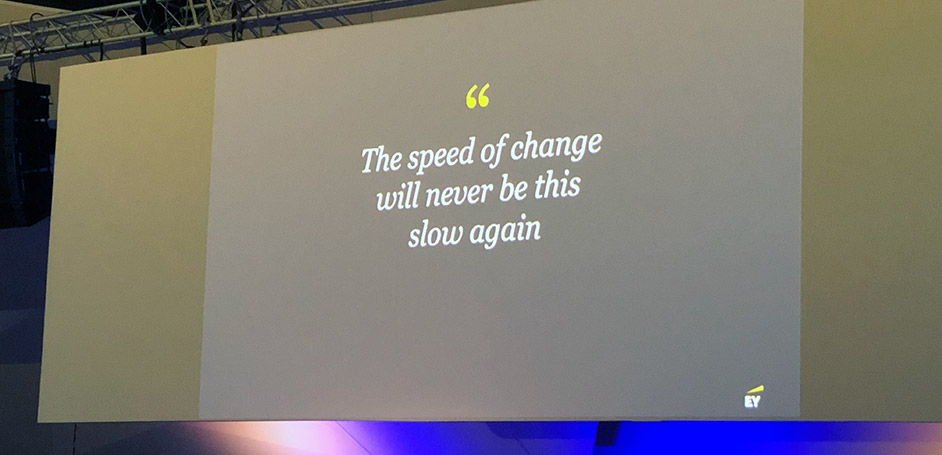
“The speed of change will never be this slow again.”
Let’s talk
you’re looking at exploring how Internet of Things can help in your business, reach out to us on sales@melita.io or visit our website melita.io for some case studies of how IoT is helping across other industries.


